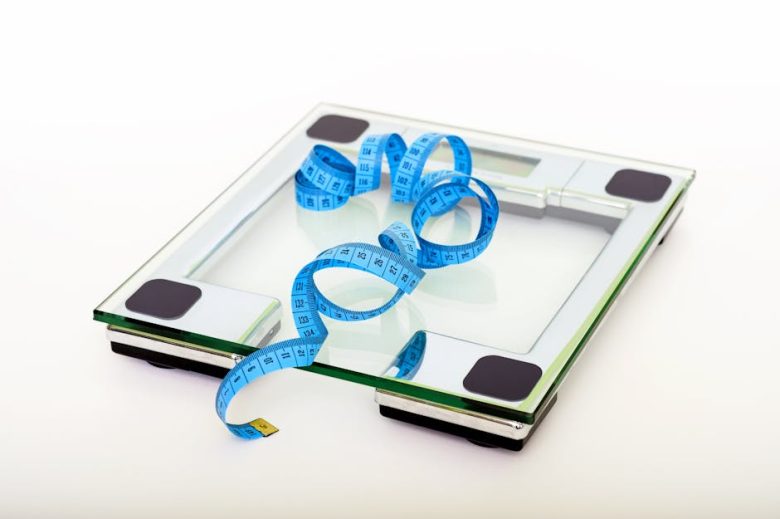In our fast-paced world, convenience often reigns supreme. With the tap of a finger, we can order food, summon rides, or even manage our finances—all from the comfort of our homes. This instant gratification has become a hallmark of modern living, promising to save us time and energy. However, beneath this veneer of ease lies a troubling reality: the very conveniences we cherish may be jeopardizing our health and well-being in profound ways.
As we increasingly rely on technology and convenience-driven products, we must ask ourselves: at what cost? The allure of quick solutions can often blind us to the long-term implications of our choices. From processed foods laden with preservatives to sedentary lifestyles fostered by binge-watching our favorite shows, the hidden dangers of convenience can manifest in various ways, leading to a host of health issues that may not be immediately apparent.
One of the most significant health concerns associated with convenience is the rise of processed foods. While fast and easy meals may save us time, they often come at the expense of nutrition. Many processed foods are packed with unhealthy fats, sugars, and additives that can contribute to chronic diseases such as obesity, diabetes, and heart disease. As we prioritize convenience over wholesome ingredients, we inadvertently compromise our health, leading to a cycle of poor dietary choices that can be difficult to break.
Furthermore, the convenience of technology has fostered a sedentary lifestyle that is detrimental to our physical health. With streaming services and video games dominating our leisure time, the average American spends more than 10 hours a day in front of screens. This sedentary behavior can lead to a range of health issues, including increased risk of cardiovascular diseases, weakened muscles, and even mental health disorders such as anxiety and depression. The irony is that while we seek convenience, we may be creating barriers to a healthier, more active lifestyle.
Moreover, the convenience of online shopping and meal delivery services has transformed our social interactions. In a world where human connection is increasingly replaced by digital communication, the risk of social isolation looms large. Studies have shown that loneliness can have serious health implications, including increased risk of heart disease and cognitive decline. As we opt for the convenience of virtual interactions, we might be sacrificing the rich, fulfilling relationships that contribute to our overall well-being.
Despite these concerning trends, there is hope. Awareness of the hidden dangers of convenience is the first step toward making healthier choices. By prioritizing whole foods, incorporating physical activity into our daily routines, and nurturing our social connections, we can reclaim our health without sacrificing the benefits of modern convenience. Simple changes, like cooking at home or scheduling regular outings with friends, can help us strike a balance between ease and well-being.
In conclusion, while convenience offers undeniable benefits, it is crucial to remain vigilant about its potential pitfalls. By understanding the hidden dangers that accompany our quest for ease, we can make informed choices that prioritize our health. The journey toward a healthier lifestyle may require more effort than simply clicking a button, but the rewards—vibrant health, meaningful connections, and a sense of fulfillment—are well worth the investment. Let us embrace the challenge and reclaim our health in a world that often prioritizes convenience over well-being.
